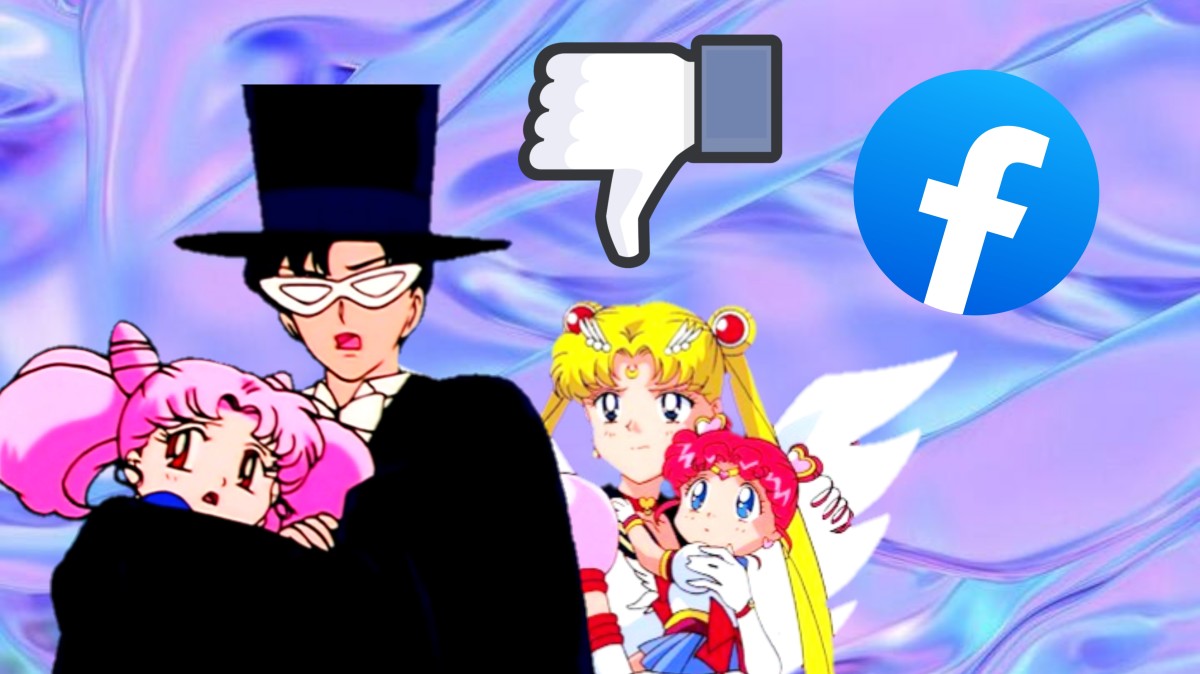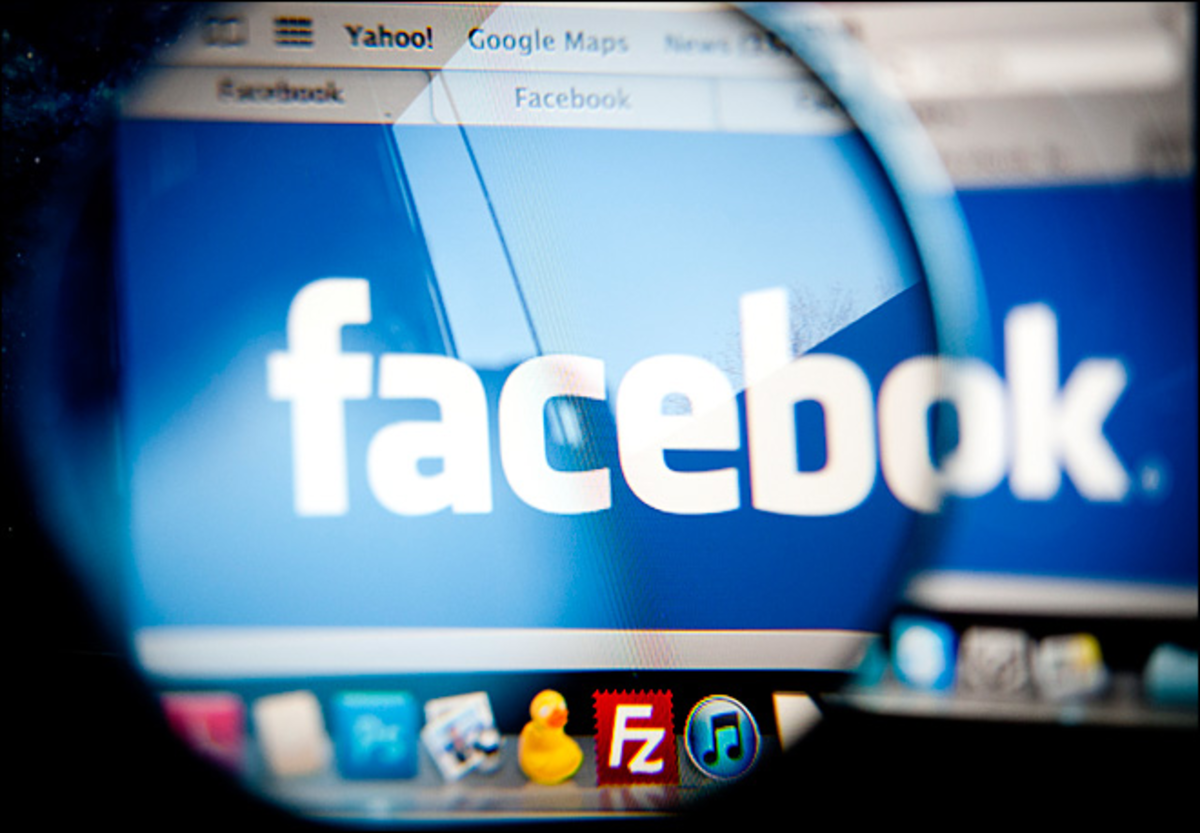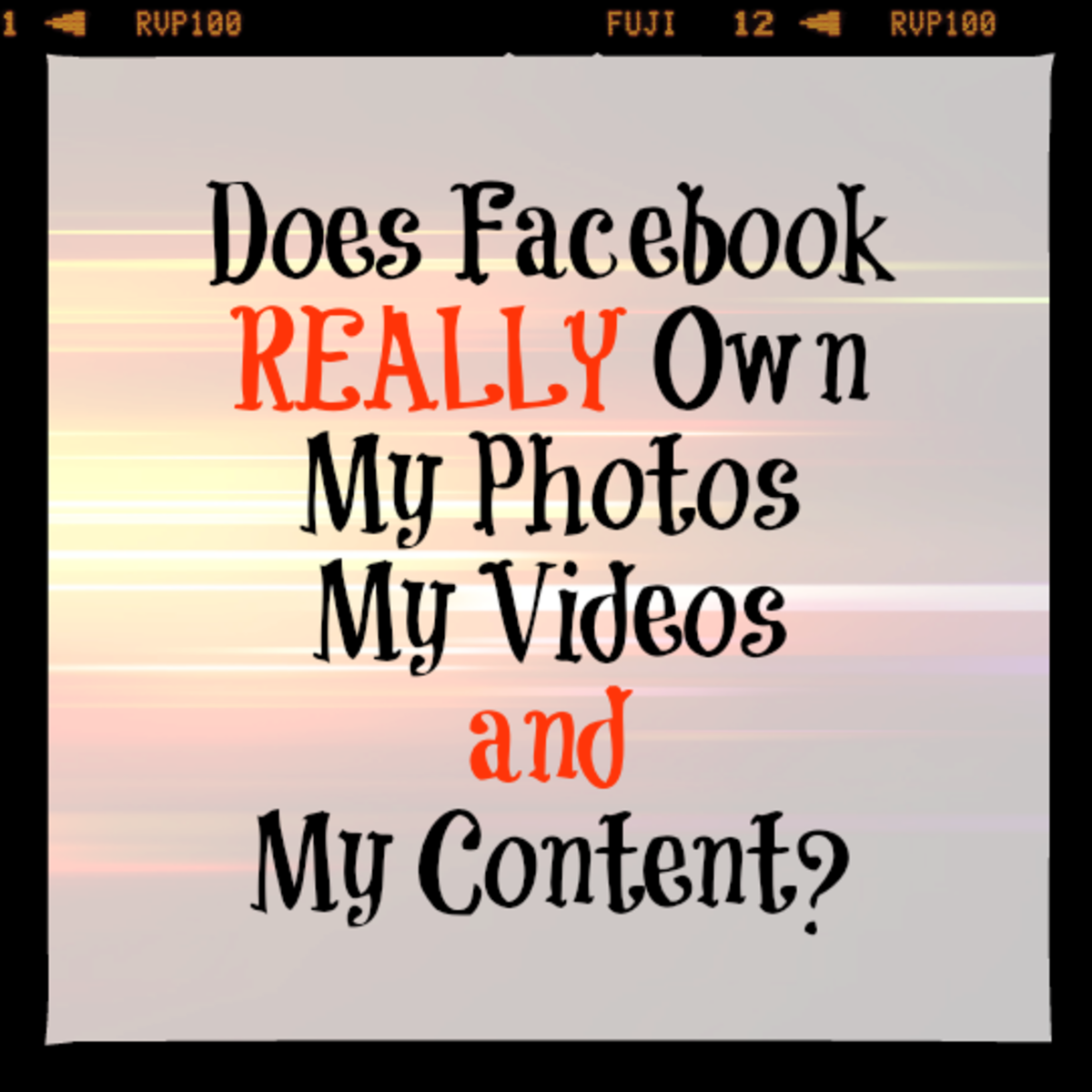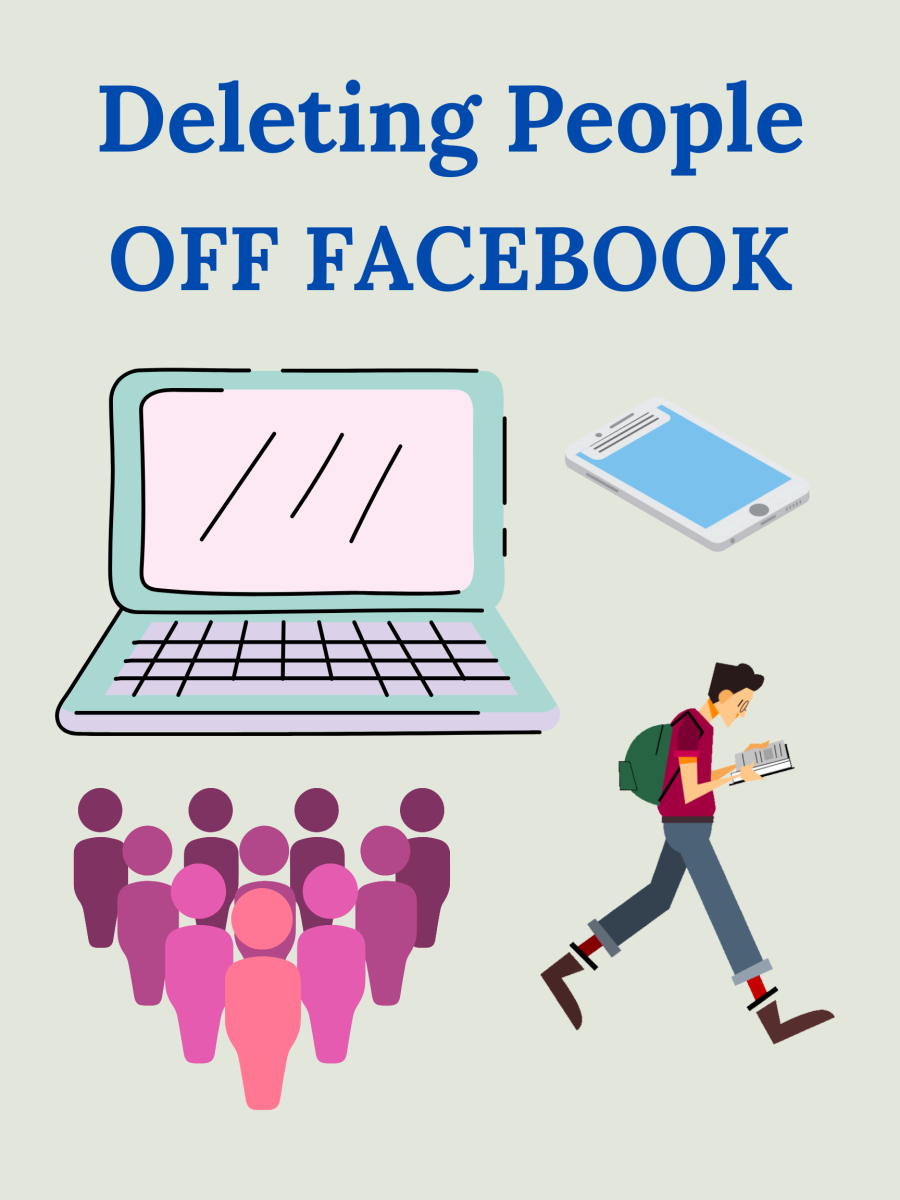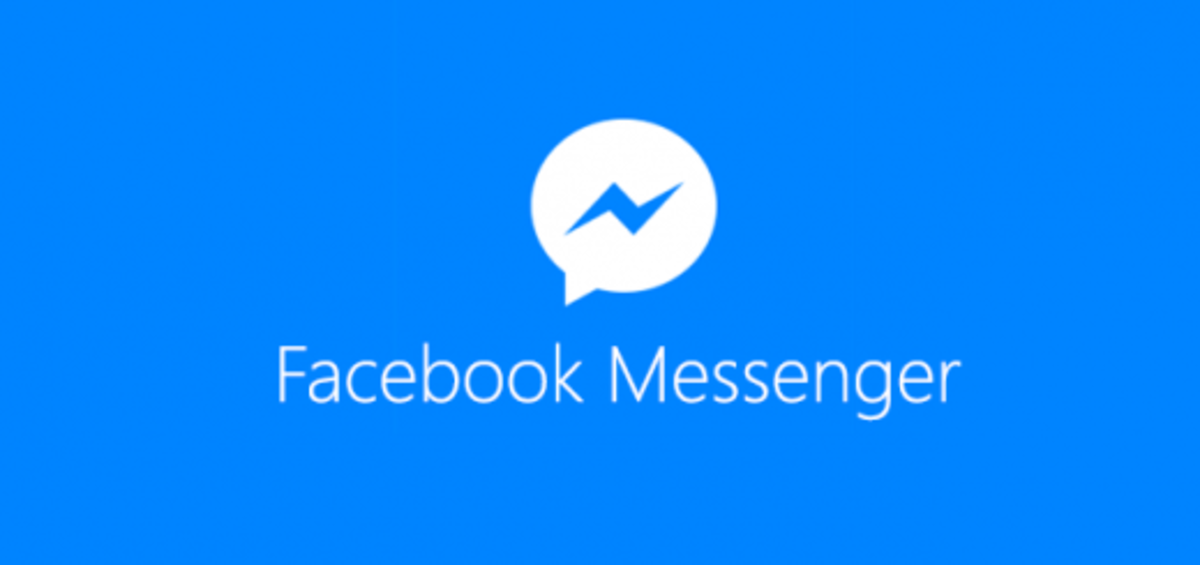- HubPages»
- Technology»
- Internet & the Web»
- Social Networking»
Insider Secret: Why Is the Dream of Facebook Hardware Shattered?
According to local media reports, Regina Dugan has a relatively short time as a vice president on Facebook. During her tenure, she has a meeting with a team every week. On October 17, 2017, she held a standard meeting during her one-and-a-half-year period of managing the Advanced Project Lab “Eight Building”.
But this time, Dugan, a senior engineer and executive at Silicon Valley who had worked at Google for four years, wanted to announce a shocking news. According to the former staff of Building No. 8, she almost cried. She told dozens of people on the team that she would leave the company and explore new ideas on her own.
The news was shocking, not only because Dugan joined Facebook 18 months ago, but because Building 8 led Facebook's efforts to enter the hardware space, and CEO Mark Zuckerberg was eager to get into the hardware. field.
In April 2016, when he announced the appointment of Dugan, Zuckerberg said, "In the next few years, Facebook will invest hundreds of people and hundreds of millions of dollars in this area."
The departure of Dugan marks a huge setback for the company. Facebook is struggling in the hardware arena, while large technology competitors Apple, Google, Amazon and Microsoft have succeeded in hardware in a variety of ways, whether through popular consumer electronics such as the iPhone and Xbox or streaming devices, or It is the hardware related to voice assistants of Amazon and Google.
In December 2018, the project team of Building No. 8 was disbanded two and a half years after its establishment. The important product of this project team is the hardware product Portal. This product is the only publicly available product of the No. 8 project team. It is a video calling device, but it has not been attractive in the highly competitive market.
The experience of developing the No. 8 building business highlights Facebook's core dilemma, which is seeking to expand its business beyond mobile advertising and expand into the costly business of developing, manufacturing and selling consumer electronics devices.
Mobile advertising revenue accounted for 93% of Facebook's total revenue. Software development is Facebook's genes, but the company's hacker culture conflicts with the reality of hardware development.
Hardware development takes a longer time span and requires relationships with a large number of manufacturers and resellers, all of which go far beyond Facebook's core competitive advantage.
In addition, as the company continues to work hard to develop "portal" hardware, consumer confidence in the company continues to worsen after a series of scandals that violate consumer privacy, making it difficult to attract consumers to buy Facebook-branded hardware. In the living room.
This is related to a lot of income. According to a research and market report in January this year, revenues from the smart home market, including smart speakers and entertainment products, are expected to reach $151.4 billion by 2024, up from $76.6 billion last year. This analysis did not include Facebook in more than 30 companies that were listed as potential key players.
When the local media reported on the hardware challenges faced by Facebook, taking the rise and fall of the No. 8 building as an example, interviewed more than a dozen former employees of the team. These employees are asking for anonymity because they are not authorized to tell their own experiences.
Dugan refused to be interviewed on this article.
a visionary executive
Dugan holds a Ph.D. in mechanical engineering from the California Institute of Technology, and her work in the US Defense Advanced Research Projects Agency (DARPA) has earned recognition in the technology industry. From 2009 to 2012, she served as Director of DARPA. In 2012, Google hired her to create an Advanced Technology and Projects (ATAP) team within Motorola Mobility.
Even after selling Motorola to Lenovo in 2014, Google retained the division.
According to people familiar with the matter, within Google, Dugan reported directly to Sandal Pichai. At the time, Pichai was the product director, but was responsible for day-to-day operations and was eventually promoted to CEO in August 2015.
In April 2016, Google hired Motorola's former president Rick Osterloh as senior vice president of hardware business, and Dugan lost some direct contact with Pichai.
At the time, Zuckerberg, who was the head of Facebook, was considering expanding the company's hardware business, which was mainly limited to the acquisition of virtual reality helmet maker Oculus two years ago. After Amazon's Echo smart speaker was successful, Zuckerberg wanted Facebook to have its own smart home device.
In her public resignation letter from Google, Dugan wrote a 450-word post on Facebook, calling it a "bitter and bitter day," but expressing her excitement about doing what she likes best. .
She wrote: "Bold scientific ideas spread across the product on a large scale. These products make people feel almost magic. There is still a lot to do on Facebook, and these tasks are exciting."
The first thing she did after she entered Facebook was to find early projects that had the potential to blossom. She found a prototype codenamed "Little Foot," a tablet on a motorized pedestal that detects a person in the room and rotates in that direction.
As Zuckerberg pushed his company to prioritize video services, the team at Building 8 decided to use "small feet" as the basis for consumer video calling devices. The team worked with award-winning photographer and documentary director Lucian Perkins to develop a feature that allows the camera of the device to focus on the smart speakers in the video frame.
The idea of this machine is to build a bridge that uses the Internet to reduce the distance between loved ones—a personal “gateway”. Building No. 8 tested the size of the device and tested the same version as the big screen TV. The manager of a former No. 8 building said that the ideal experience is a wall-to-ceiling product. By the end of 2016, the team had completed a prototype and demonstration product, showing it to Facebook Chief Technology Officer Mike Schroepfer.
Internal tension
The eight letters of the English word on the eighth floor represent the number of letters on Facebook. Its physical location is located in Building 59, Park Park, Menlo Park, Calif., not far from the iconic thumb-up giant sign. There, in June 2017, a number of carefully selected employees participated in a quarterly event to showcase the development of Building 8.
Internally, Facebook employees can see early versions of the "portal", as well as other experiments, such as the human brain-computer user interface, designed to allow humans to control a device; and the Sequoia project, an augmented reality Project, similar to the holographic computer in the Iron Man movie.
But when employees were amazed at the creativity of Building 8, the tension began to brew. Some staff members are dissatisfied with the confidentiality of Building No. 8. Only when they are accompanied by a special person can they enter the office of the No. 8 project team.
According to two former executives, the No. 8 Building Group spends a lot of money and spends more than $100 million a year on suppliers, consultants and show-offs.
There is also an internal struggle. People from the hardware industry are shocked by Facebook's unrealistic production schedule. Former staff of the company said that Building 8 had planned to launch the first product within a year, which is only a small part of the time required to develop hardware equipment.
A Facebook spokesperson questioned this fact and said that it is not expected that Building 8 will be shipped during this time.
Then there is the shame of Facebook. In the 2016 general election, the company played a role in spreading false information, and the team knew it faced huge public trust and privacy issues.
Hardware is very difficult
Dugan's development schedule is a key reason for friction between Building 8 and its parent company. She was working on a two-year timeline, but in August 2017, Facebook made a decision to speed things up.
Schropp announced that Andrew Boz Bosworth, the long-term vice president of corporate advertising and business teams, will be responsible for the management of consumer electronics hardware such as the reality helmet Oculus and Building 8. Bosworth is a loyal fan of Zuckerberg and joined the company in 2006, but he has no experience in hardware.
As it turns out, this decision means that Dugan’s end is coming. Less than two months later, she suddenly announced her departure. Dugan’s former colleague said it was unclear whether she was fired or resigned, but in the next few weeks, many of her deputies followed her away from the office.
Bosworth appointed Rafa Camago, who joined Dugan from ATAP, as interim head. Former employees said that Bosworth gave little guidance on technical decisions.
In an interview with local media, Camargo said that Bosworth's contribution is huge. He is responsible for the hardware, software, marketing, marketing and manufacturing decisions of all the devices released by Facebook since the launch of Oculus Go in May 2018.
Camargo said: "It is extremely difficult to launch products on time, quality, quantity and quantity, and he is in a leading position in this regard."
In the chaos of Building No. 8, by the beginning of 2018, Facebook faced a more life-and-death problem, which enabled the company to accelerate the pace of bringing the “portal” to market.
In March of the same year, a number of news media reported that Cambridge Analytica, a London-based political consultancy, had improperly obtained a major scandal of up to 87 million Facebook user data, causing the company's stock to spiral down, eventually leading to Zuckerberg turned his attention to creating a social network that values personal privacy.
A few days later, Bosworth told his team that Facebook had fallen to the bottom of user trust and said that it is not the right time to develop a "portal". He did not provide an expected release date, but said the team would reconsider the design.
A Facebook spokesperson told local media that the company's plan was to release the product in the fall of 2018, so the "portal" was launched as scheduled. A number of employees who worked in Building 8 said that the project was postponed several times.
Last November, Facebook finally released two "portal" video chat devices, adding a camera cover so that users can block the lens.
The "portal" product immediately encountered privacy issues. Facebook once told a technology media that the user data collected by the "portal" would not be used for targeted advertising, but a week later the company retracted the remarks.
It is said that because the "portal" software is built on Facebook's communications infrastructure, it collects the same type of data and may be used to deliver more targeted targeted ads to users first.
A month after the release of this product, Camargo announced that the No. 8 Building Business Group has ceased to exist, and the organization was temporarily called the portal project team.
At the beginning of 2018, the remaining research projects were transferred to Oculus Research, which later changed its name to "Facebook Virtual Reality Lab" and is headquartered in Redmond, Washington. In this department, Facebook is developing a brain reading human-machine interface -- a wearable device that allows people to type with their ideas.
Sales of “Portal” were disappointing, and Facebook has cut prices several times. According to IDC, the company has shipped more than 54,000 portal devices since its release.
Michael Levin, an analyst at Consumer Intelligence Research, described the “gateway” market share and consumer awareness as “insignificant.”
The representative of Facebook said that IDC's data is inaccurate but does not provide official data. Camargo said that the portal exceeded Facebook's expectations in terms of sales and user engagement.
“We are very excited about this,” he said.
In April of this year, local media confirmed that the company is developing an artificial intelligence voice assistant (similar to Google Assistant or Amazon's Alexa) that can be used for future "portal" devices, as well as Oculus virtual reality helmets and other projects.
Bosworth said at the Code Technology conference in June that the company plans to launch several new versions of portal hardware later this year. Camargo revealed that Facebook is developing new augmented reality products. He added that through the experience of the 8th floor business, Facebook learned how to continuously build multiple, complex, high-quality products.
One of the devices expected in the future is a project codenamed Ripley. Ripley is a small device with a built-in camera that is designed to be placed on top of the TV to turn the TV into a "portal" screen.
Bosworth said at the above-mentioned technology conference: "Hardware will enter the family. We hope that people can be connected with each other, and the connection between two people becomes the first person role experience on the hardware."

